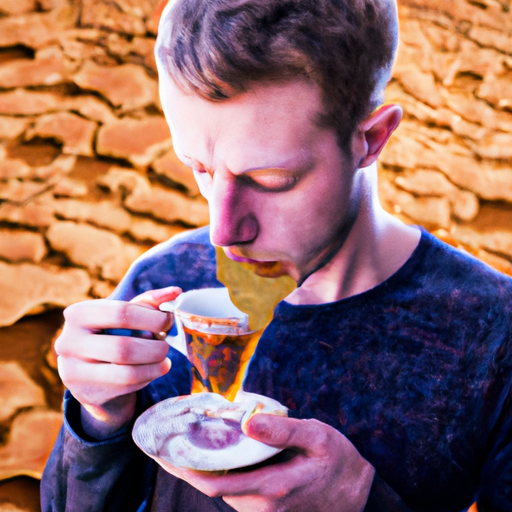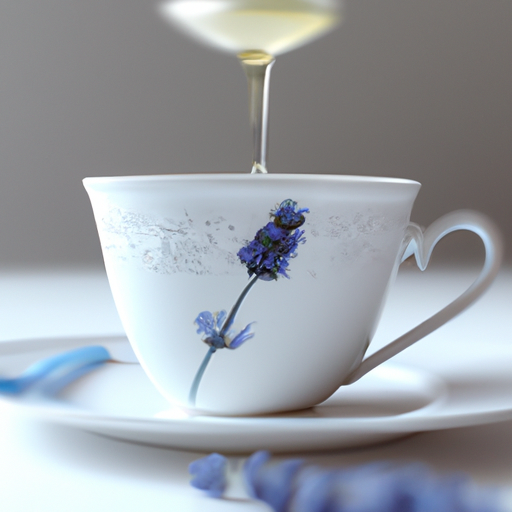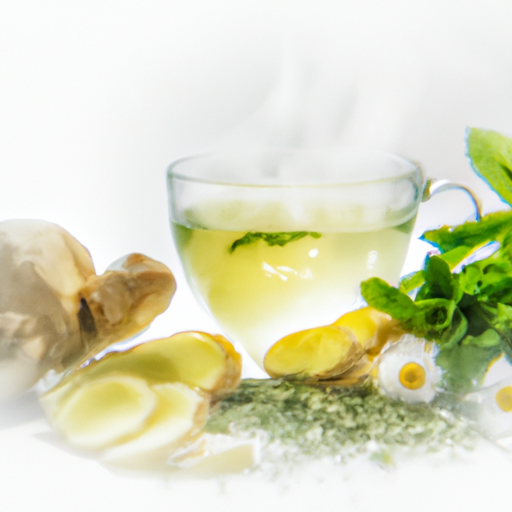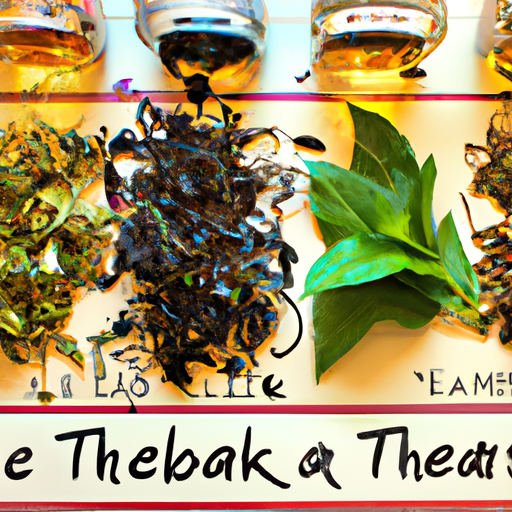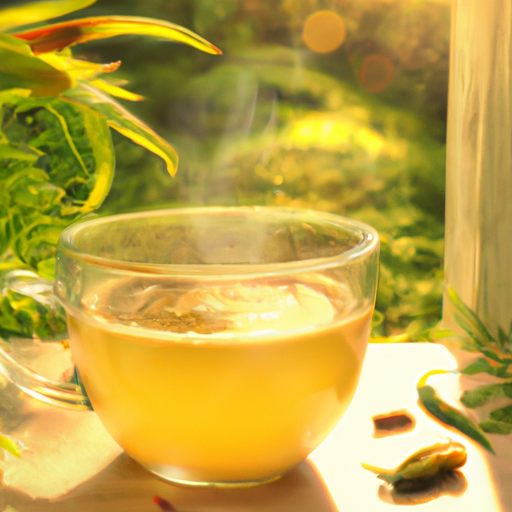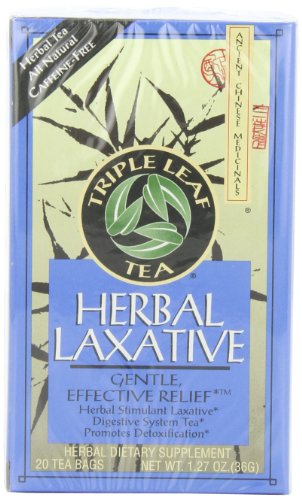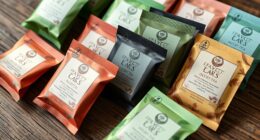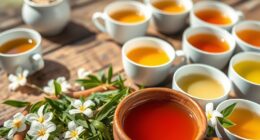Oh, the joys of sipping a warm cup of caffeine-free herbal tea! The perfect way to wind down, relax, and maybe even brag about how healthy and hydrating it is. But here’s the kicker – why does this seemingly innocent beverage leave me with a dry mouth? It’s almost like a cruel joke, isn’t it?
Well, fear not, fellow herbal tea enthusiasts, because I’m here to uncover the mystery behind this not-so-refreshing side effect. You see, herbal tea may be caffeine-free, but it’s not without its own set of ingredients that can wreak havoc on our hydration levels.
From tannins that love to bind with proteins and dry out our mouths to certain ingredients that some of us may be sensitive to, there’s a lot going on behind the scenes.
But don’t fret just yet! In this article, we’ll delve into the science behind herbal tea and dry mouth. We’ll explore the role of tannins, the possibility of dehydration, and even the impact of medications.
And fear not, my parched friends, because we’ll also provide you with some handy hydration tips to keep that dry mouth at bay. So sit back, grab your favorite herbal brew, and let’s quench our thirst for knowledge together!
Key Takeaways
- Herbal tea can cause dry mouth due to the presence of tannins and certain ingredients like chamomile and peppermint.
- Tannins in herbal tea bind with proteins in the mouth, leading to a dry sensation.
- Dehydration, especially from herbal teas with diuretic properties, can contribute to dry mouth after consumption.
- Medications such as antihistamines, antidepressants, and diuretics can reduce saliva production and cause dry mouth.
Understanding the Ingredients in Herbal Tea
When consuming caffeine-free herbal tea, it’s important to understand the ingredients that contribute to its potential to cause dry mouth. One key aspect to consider is the tea brewing process.
Herbal teas are made by infusing various plant materials, such as leaves, flowers, and roots, in hot water. This extraction process releases different compounds into the tea, including volatile oils and tannins. These compounds can have varying effects on the body, including the potential to cause dry mouth.
Herbal tea is known for its numerous health benefits. It’s often consumed for its calming and soothing properties, as well as its potential to improve digestion and boost the immune system. However, some herbal teas contain ingredients that can have a drying effect on the mouth. For example, certain herbs like chamomile and peppermint contain volatile oils that can contribute to dry mouth symptoms.
Understanding the role of tannins in herbal tea is crucial in comprehending its potential to cause dry mouth. Tannins are a class of compounds found in plants that can have astringent properties. These compounds can bind to proteins in the mouth, leading to a sensation of dryness.
By understanding the ingredients and brewing process of herbal tea, we can better understand how it may contribute to dry mouth and make informed choices when selecting our beverages.
The Role of Tannins in Herbal Tea
Although caffeine-free herbal tea can contribute to a dry sensation in the mouth, this effect can be attributed to the presence of tannins. Tannins are natural compounds found in various plants, including those used to make herbal tea. They are responsible for the astringent taste and mouth-drying sensation that some people experience.
Despite causing dry mouth, tannins have several health benefits. They have antioxidant properties, which can help protect the body against cell damage and reduce the risk of chronic diseases. Tannins also have antimicrobial and anti-inflammatory effects.
It’s worth noting that tannins are not exclusive to herbal tea; they can also be found in other beverages like wine and coffee. Understanding the role of tannins in herbal tea can help us better appreciate their health benefits.
Moving forward, we will explore the connection between dehydration and dry mouth.
Dehydration and Dry Mouth
Are you aware of the connection between dehydration and that uncomfortable feeling in your mouth? When you experience dry mouth after consuming caffeine-free herbal tea, it could be a sign of dehydration.
Herbal teas, especially those with diuretic properties, can increase your urine output and lead to dehydration if you don’t drink enough water. Dehydration prevention is essential for maintaining overall health and oral health. When your body is dehydrated, it reduces saliva production, which can result in dry mouth. This lack of saliva can have detrimental effects on your oral health, such as an increased risk of tooth decay and gum disease.
To prevent dehydration and dry mouth, make sure to drink plenty of water throughout the day, especially when consuming herbal teas.
Transitioning to the next section, let’s explore the potential sensitivity to certain ingredients in herbal teas.
Sensitivity to Certain Ingredients
Sensitivity to certain ingredients in herbal teas can be like walking through a minefield for your taste buds. When it comes to dry mouth, allergies can play a significant role. Some individuals may have allergies to specific herbs or other components in herbal teas, leading to dryness in the mouth. It’s important to be aware of any potential allergies and avoid teas that contain those ingredients.
Additionally, hormonal changes can also contribute to dry mouth. Fluctuations in hormones, such as during menopause, can affect saliva production and result in dryness. Understanding the connection between hormonal changes and dry mouth can help individuals find relief.
Moving forward, it’s essential to explore another potential cause of dry mouth: medications.
Medications and Dry Mouth
One common culprit behind dry mouth can be the medications you take on a daily basis. Certain medications, such as antihistamines, antidepressants, and diuretics, can reduce saliva production, leading to dry mouth. Saliva plays a crucial role in maintaining oral health by lubricating the mouth, neutralizing acids, and washing away food particles.
When saliva production is reduced, it can result in a dry, sticky sensation in the mouth and an increased risk of tooth decay and gum disease. To combat dry mouth caused by medications, it’s important to maintain good oral hygiene by brushing and flossing regularly, using alcohol-free mouthwash, and staying hydrated. Proper hydration is essential for saliva production, so drinking plenty of water throughout the day can help alleviate dry mouth symptoms.
Transitioning to the subsequent section about hydration tips for herbal tea drinkers, it’s important to stay hydrated while enjoying caffeine-free herbal tea.
Hydration Tips for Herbal Tea Drinkers
To keep your mouth refreshed and hydrated while enjoying your favorite herbal tea, make sure to sip on water throughout the day, quenching your thirst and replenishing moisture in your mouth.
Herbal teas are known for their numerous health benefits, including promoting relaxation, aiding digestion, and boosting the immune system. There are many different types of herbal teas to choose from, such as chamomile, peppermint, and ginger. These teas are caffeine-free and can be enjoyed any time of the day.
However, it’s important to remember that herbal teas can have a mild diuretic effect, which means they may increase urine production. This can potentially contribute to dry mouth if you’re not staying properly hydrated.
If you continue to experience dry mouth even after following these hydration tips, it’s recommended to seek professional advice for further evaluation.
Seeking Professional Advice
If you’re experiencing persistent dryness in your mouth, it’s crucial to seek professional advice for a thorough evaluation. A professional opinion can help determine the underlying cause of your dry mouth and provide appropriate treatment options.
Here are some alternative remedies that may also help alleviate dry mouth:
-
Stay hydrated: Drink plenty of water throughout the day to keep your mouth moist.
-
Avoid caffeine and alcohol: These substances can contribute to dehydration and worsen dry mouth symptoms.
-
Use a humidifier: Adding moisture to the air in your home can help alleviate dryness.
-
Chewing sugar-free gum or sucking on sugar-free candies: This can stimulate saliva flow and provide temporary relief.
Remember, it’s important to consult with a healthcare professional to ensure an accurate diagnosis and personalized treatment plan for your dry mouth symptoms.
Frequently Asked Questions
Can drinking caffeine-free herbal tea cause dry mouth?
Drinking caffeine-free herbal tea can cause dry mouth due to its potential link to dehydration. Saliva production is impacted by caffeine, which is absent in herbal tea.
Are all herbal teas caffeine-free?
Herbal teas can be safe during pregnancy, but not all are caffeine-free. Some herbal teas, such as black, green, and white tea, contain caffeine. It’s important to check the label before consuming any herbal tea during pregnancy.
Can certain ingredients in herbal tea cause dry mouth?
Certain ingredients in herbal tea can potentially cause dry mouth. This could be due to potential allergies to certain herbal tea ingredients or interactions between herbal tea ingredients and medications.
Is dry mouth a common side effect of herbal tea consumption?
Dry mouth is not a common side effect of herbal tea consumption. In fact, drinking herbal tea can have potential health benefits and staying hydrated while drinking it can help prevent dry mouth.
How can I prevent or alleviate dry mouth while drinking herbal tea?
To prevent or alleviate dry mouth while drinking herbal tea, I can increase saliva production by chewing sugar-free gum or sucking on sugar-free candies. Natural remedies like staying hydrated and using a humidifier can also help.
Conclusion
In conclusion, it’s important to understand the various factors that can contribute to dry mouth after consuming caffeine-free herbal tea. While tannins in herbal tea can cause dryness, dehydration and sensitivity to certain ingredients can also play a role.
It’s crucial to stay hydrated and choose herbal teas that are gentle on the mouth. For example, Sarah, a regular herbal tea drinker, experienced dry mouth after trying a new blend. After consulting a healthcare professional, she discovered that she had a sensitivity to a specific herb in the tea. By avoiding that ingredient, she was able to enjoy herbal tea without experiencing dryness.
Remember to listen to your body and seek professional advice if needed.

